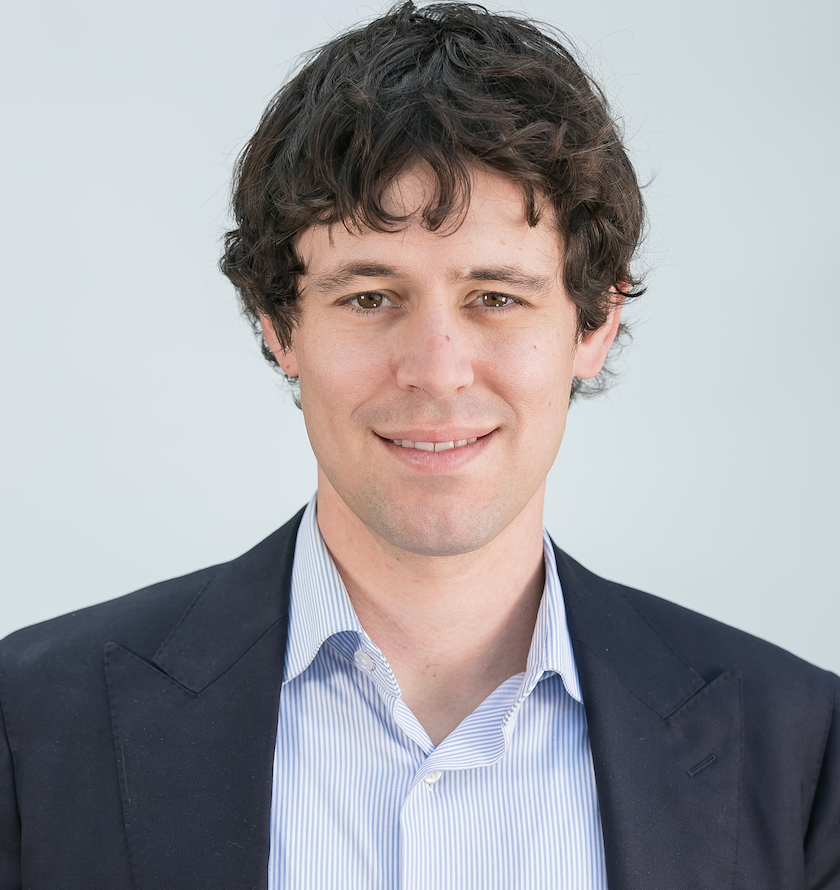Or listen on your favorite podcast app
Apple Podcasts / Google Podcasts/ Spotify
—
“People think that when you start a company that it is this immensely risky thing but the upside is so disproportionately higher if you just looked at it from an expected value standpoint. Worst case scenario your company fails and you go to work for a McKinsey or something similar.” — John Arrow
Today, Chad is joined by John Arrow, CEO of Mutual Mobile, an agency that designs and develops breakthrough digital applications for the Fortune 1000. As a freshman at the University of Texas, John joined the aviation community and discovered his passion for flying. It was also within this program that he met four friends who would become the co-founders of Mutual Mobile.
“One of my passions is flying airplanes where you’re forced to multitask. There’s no other way to do it. Even if you have the autopilot on, you have to be scanning the instruments or talking to the radio or planning what’s ahead. I think you can do things better when you can spread out your attention because it avoids that burnout.”
Starting Mutual Mobile has completely changed his life. John has emerged as one of the most promising young CEOs in the past decade, being named to Forbes list of Top 30 CEOs Under 30. Mutual Mobile was named by Forbes as one of America’s most promising companies in 2011 and has since produced award-winning apps for Google, Audi, Cisco, and many more.
On this episode, John discusses how to create a work environment primed for innovation and creativity, how to succeed within the app-building world, and his goals for the future of Mutual Mobile.
Quotes from John:
[Comparing starting a company to rock climbing] “A lot of times, the easiest route is not the route you want to take. If you are making progress on that route, you have to take a step back because you’ve reached a local maximum or there’s no way further up that cliff for that peak.”
[On K-12 education and entrepreneurship] “I knew unequivocally that I did not want to trade the best years of my life and give them to somebody else. I reacted just repulsively around that concept. Perhaps because of the situation of K-12, that’s when I started creating businesses and realizing that I didn’t want to work for anybody but myself. I think one of the reasons why I’ve resisted having a boss is because I’d be an awful employee too.”
“I used to feel that there was a martyr period where you have to persist and hustle and after many months or many years you would see the result of it. My new philosophy is to try to win everyday. If you feel like you’re not seeing a return on time or capital in any given quarter, then something is not right. Getting rid of that martyr philosophy has been immensely helpful. It’s enabled the path to building something great to look like stepping stones as opposed to jumping over some crevasse.”
“It’s very unrisky. People think that when you start a company that is this immensely risky thing but the upside is so disproportionately higher if you just looked at it from an expected value standpoint. Worst case scenario your company fails and you go to work for a McKinsey or something similar.”
[On Jeff Bezos] “He’s able to think about the extreme tactical, the here and now, and yet he’s also able to think about eons. And being able to toggle between those two mindsets is immensely helpful in business.”



